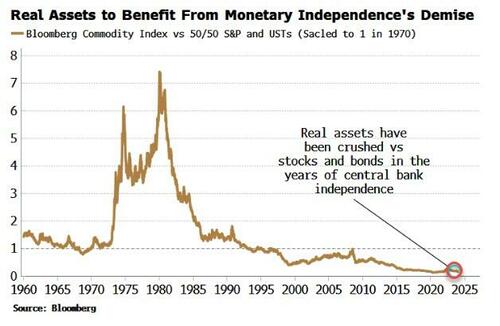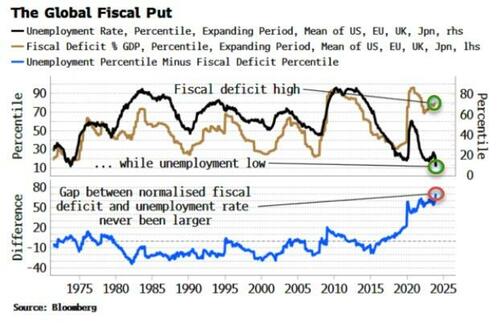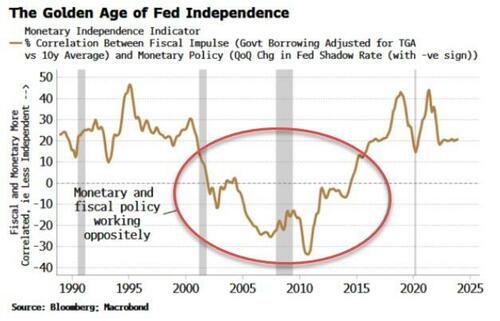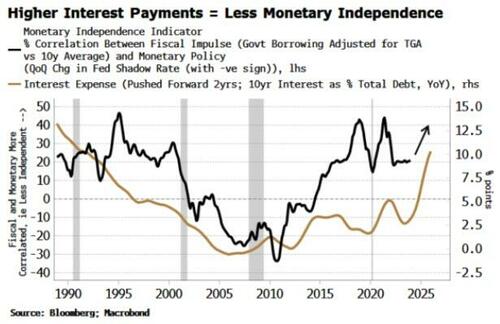Three stories from The Insider:
January 30
“You order Pepperoni? Affirmative!”: SVR spooks outed through pizza delivery database
This week, the Russian State Duma approved the first draft of a bill that would tighten penalties for leaking or otherwise illegally using personal data. These measures are primarily aimed at investigative journalists, who have identified multiple Russian special services personnel with the help of leaked databases. However, the restrictions are unlikely to have much impact, as the carelessness of special service officers themselves often enough does the trick. One prominent example involves pizza. Officially, employees of Russia’s FSB and GRU are prohibited from ordering delivery to their workplaces. Sometimes though, not even the officer corps in the Kremlin’s hybrid war against Western hegemony and influence can resist the temptation of having a little slice of Italy brought right to their door. How does The Insider know? Simple. One database of pizza delivery service customers — something that is readily obtainable by any user of Telegram bots — demonstrates just how easy it can be to find the personal data of undercover Russian spies.
Pepperoni for the SVR
There are several residential buildings in Moscow belonging to the SVR, Russia’s foreign intelligence service. Among them is the gray high-rise located at 17 Vilnyusskaya Street, which was built in 2002 and is now home to 660 people. 93% of the building’s apartments have been assigned to the foreign intelligence service, with the remaining 7% going to the Department of Municipal Housing of Moscow. In January 2011, the building made headlines when Colonel Gennady Ambarnov, an officer from the central apparatus of the SVR, mysteriously fell from a 15th floor balcony....
....MUCH MORE
January 28
Exclusive: Latvian Member of European Parliament is an agent of Russian intelligence, leaked emails confirm
Tatjana Zdanoka MEP has spent decades openly advocating for Moscow from both Riga and Strasbourg. The Insider can today reveal that Zdanoka was working on behalf of the FSB’s Fifth Service, reporting to two different handlers from at least 2004 to 2017.
Tatjana Zdanoka, a Latvian member of the European Parliament, has been a trusted asset of Russian intelligence since at least 2005, The Insider, in collaboration with the news site Delfi Estonia, Latvia’s Re:Baltica investigative journalism center, and Sweden’s Expressen newspaper, can disclose.....
....MUCH MORE
And finally, the story I was originally going for, January 22:
Unmasking GRU Unit 29155: Christo Grozev explains how he helped expose the Russian spies creating chaos in the West
Who are the Russian GRU spies from Unit 29155 creating chaos in the West for over a decade? Who's taking over Yevgeny Prigozhin's Wagner fiefdom in Africa? And why do Russian agents text their wives to plough millions of dollars into real estate?
Simon Ostrovsky sat down with The Insider's head of investigations Christo Grozev for an exclusive interview answering all those questions — and more. Grozev, for the first time, exposes details of a Kremlin plot to assassinate chess Grandmaster Garry Kasparov, details how successive investigations managed to identify the GRU unit and its agents, and explains why his work irritates Putin so severely that it led to him being placed on the Kremlin’s kill list....
....MUCH MORE
At this point I should note I am always a bit dubious when someones says they are on Putin's list of nogoodniks.
The classic case is Bill Browder.
Every time he says such a thing I think, "then why are you still alive?"
Here's an example used as the outro from May 2023's "Google Co-Founder Seems To Have Fallen Off The Face Of The Earth (GOOG; EVIL)" when the Virgin Islands were trying to subpoena Larry Page to tell them about Larry's relationship with Jeffrey Epstein:
...One of my favorite subpoena stories concerns Bill Browder in his third career.
Career #1 was pulling some pretty good money out of Russia
Career #2 was traveling the world advocating for Magnitsky Acts.
Career #3 was being the self-proclaimed Putin's enemy no.1 whom the Autocrat of all the Russias President of Russia wanted dead, dead, dead.
From a December 2019 post "Bill Browder Files Complaint With German Press Council Over Der Spiegel Magnitsky Story":
....I did check that the Magnitsky story wasn't by Der Spiegel's fantabulist
and serial fabricator Claas Relotius but it's not. The Germans fired
him and he remains fired.
Additionally, the magazine seems to have some pretty solid documentary stuff on Magnitsky and Browder.
And then there is Mr. Browder's known reluctance to testify under oath
about these matters although he seems willing to do so on other topics.
One thing that's always intrigued me is: If, as Mr. Browder says, he is
Putin's "Enemy #1" and if, as he further claims, Putin wants him dead,
Why isn't he dead?
Yes, that Glenn Simpson.
In it we read a story that begins on page 42 of the transcript, Simpson talking about Browder:
1 ...He was willing to, you know, hand stuff off to the
2 DOJ anonymously in the beginning and cause them to
3 launch a court case against somebody, but he wasn't
4 interesting [sic] in speaking under oath about, you know,
5 why he did that, his own activities in Russia.
6 So looking at the public record we determined
7 that he did come to the United States frequently,
8 and I discovered through public records that he
9 seemed to own a house in Aspen, Colorado, a very
10 expensive mansion, over $10 million, which he had
11 registered in the name of a shell company in a
12 clear attempt to disguise the ownership of the
13 property. We were able to ascertain that he does
14 use that property because he registered cars to
15 that property with the Colorado DMV in the name of
16 William Browder.
17 So we began looking for public information
18 about when he might be in Aspen, Colorado, and I
19 found a listing on the Aspen Institute Website
20 about an appearance he was going to make there in
21 the summer of 2014. So we -- I served him a
22 subpoena in the parking lot of the Aspen Institute
23 in the summer of 2014 using two people -- two
24 subcontractors. Actually, those other
25 subcontractors were -- their names escape me, but I
.
page 43
1 forgot about those. We can get you that. This is
2 all in the Pacer court record, the public court
3 record.
4 In any event, the three of us served -- there
5 was another subcontractor working for the law firm
6 whose name I also forget. I did not retain him,
7 but I was asked to work with him on this. He is a
8 private investigator and we can get you his name.
9 In any event, we served him the subpoena and he ran
10 away. He dropped it on the ground and he ran away.
11 He jumped in his car and went back to his mansion.
12 At that point he tried to suppress -- tried
13 to quash the subpoena on the grounds it hadn't been
14 properly served. We didn't get a video, but there
15 are sworn affidavits from my servers in the court
16 record about the service. But he objected to it on
17 a number of grounds. A, he continued to insist he
18 had nothing to do with the United States and didn't
19 come here very often even, though we caught him
20 here, clearly has cars in Colorado. He also said
21 that you can't serve a subpoena for a case in
22 New York in the state of Colorado, it's outside the
23 primary jurisdiction. He also began to raise
24 questions about whether Baker Hostetler had a
25 conflict of interest because of some previous work...
So I'm thinking, if Glenn Simpson was able to find Mr. Browder without too much effort, the Russian FSB or GRU or whoever probably could as well, if they really wanted to, ya know?






